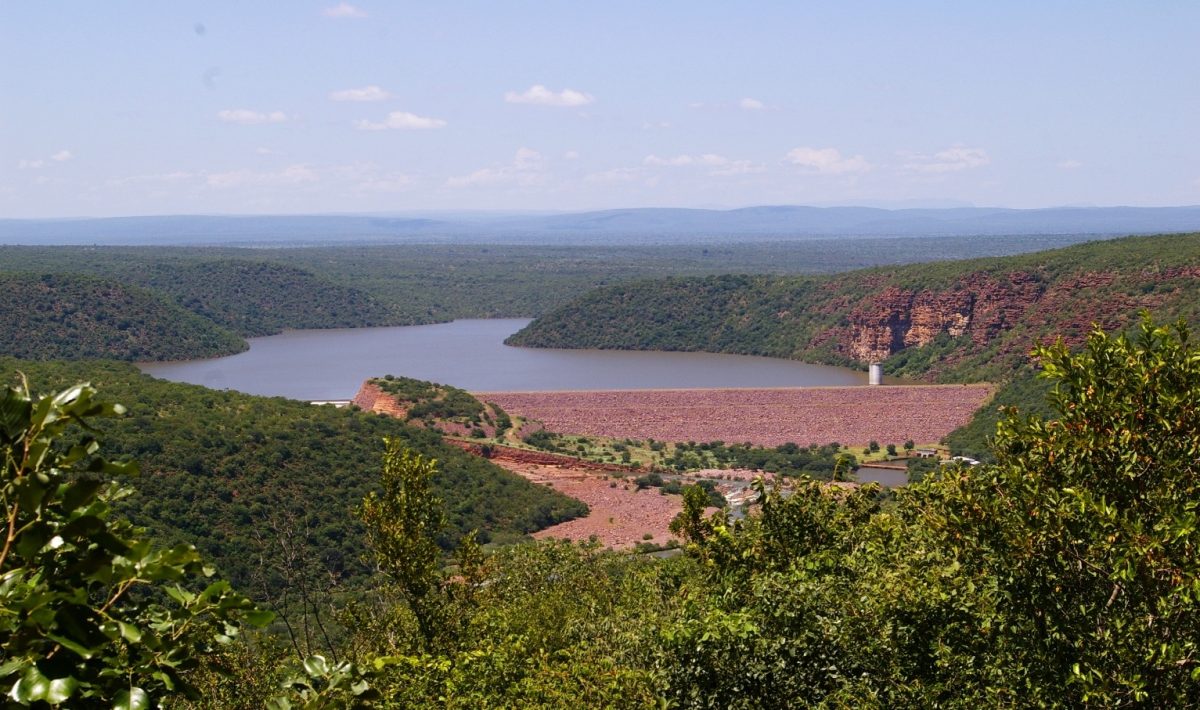
Trans-Caledon Tunnel Authority (TCTA) announced on Wednesday that it had commenced with the
implementation of the Mokolo-Crocodile Water Augmentation Project Phase 2A (MCWAP-2A) project, which is strongly associated with minerals and energy projects in the Limpopo province and is, thus, facing opposition from environmental justice groups.
The estimated capital cost of
the MCWAP-2A project is R12.3-billion, in April 2018 prices, and the scheme is
scheduled for completion in May 2026.
TCTA is responsible for securing
funding for the commercial portion of the project, comprising 88.1% of the costs, with the 11.9% social portion to be
funded through yearly fiscal transfers from the Department of Water and Sanitation(DWS).
The GBN JV has been appointed
as the professional service provider and is responsible for the design and construction supervision of the project. The GBN JV is made up of three companies, namely Gibb, Bigen Africa Services and Nyeleti Consulting.
The project will augment water supplies to the Lephalale Municipality, Eskom’s Matimba and Medupi power stations, Exxaro’s Grootegeluk coal mine and will also enable the further development of the mineral
and energy prospects in the larger Waterberg region.
The project is also essential for the integration of flue gas desulphurisation (FGD) air-pollution management
systems at Eskom’s Medupi power station, the inclusion of which is a World Bank precondition for
the financing of the coal-fired power station.
The units being built at
the Kusile power station being built simultaneously, also
with World Bank backing, in Mpumalanga will incorporate FGD from the start. However, largely owing to
inadequate water supply, as well as lower levels of air pollution in Limpopo relative to Mpumalanga, the FGD systems will be retrofitted to the Medupi units during future planned
outages.
Eskom, Sasol and government are coming under increased pressure to address
air pollution, with environmental justice groups and community organisations having recently
launched legal proceedings designed to force government to take action to
address pollution in the Mpumalanga province – where 12 of Eskom’s 15 power stations are located and where Sasol operates the world’s
largest coal-to-liquids refinery.
Likewise, the MCWAP-2A is
also facing opposition, with the environmental authorisation granted to the project in March this year being challenged legally on the basis that it
fails to comply with the National Environmental Management Act.
In its statement the TCTA
reports that, in 2010, it was issued with a directive to implement MCWAP and,
in 2016, the DWS issued TCTA with an instruction to proceed with MCWAP-2A. The
organisation successfully implemented phase 1 of the project, which has been operational since June 2015.
TCTA estimates that the project will employ at least 1 000 people during implementation and states
that half of the engineers on the project will comprise individuals from a previously disadvantaged
background.
The procurement for the project will follow the prescribed legislation and the consultant is
expected to allocate 70% of all procurement on the consultancy contract to 51%
black-owned small to medium enterprises, and 30% of all procurement spend will
be to black women-owned small development businesses.
The consultant is also
expected to spend 10% of consultants’ fees to develop small engineering entities, and 5% of the spend must be on goods and services from small development beneficiaries.
For more information visit: https://www.engineeringnews.co.za/article/tcta-moves-ahead-with-r123bn-second-phase-of-mokolo-crocodile-water-scheme-2019-06-19

